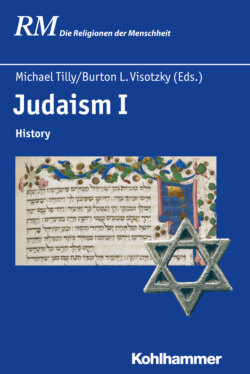Читать книгу Judaism I - Группа авторов - Страница 22
На сайте Литреса книга снята с продажи.
8 Modern Judaism 1750–1930
ОглавлениеIn this chapter, Dr. Dominique Bourel of the Centre Roland Mousnier at the French National Centre for Scientific Research (Sorbonne), considers Jewish modernity from the time of Spinoza (1632–77) until the post-World War I period. He writes of five changes of paradigm after the cultural revolution of the Eighteenth Century in Europe: 1) Moses Mendelssohn and the Jewish enlightenment (Haskalah), 2) the birth and solidification of Hasidism, 3) Wissenschaft des Judentums (Jewish studies), 4) the debate between Orthodoxy and Reform, and 5) the emergence of Zionism. These paradigms also operated in cultures of the Jews in the East, in Poland and in Russia. They were a new attempt to negotiate entry into European modernity.
Bourel sees a strong cultural hegemony in German-Jewish institutions and leadership. He describes how they navigated from an inner-focus on Judaism to a post-Enlightenment movement toward the non-Jewish world. Although these attempts at modernity did not succeed in integration into the German milieu (witness the Shoah), nevertheless, the five paradigmatic shifts sufficed to bring Judaism into modernity in the United States and the State of Israel. Bourel also briefly considers the role of Jewish women in advancing the community to modernity.
